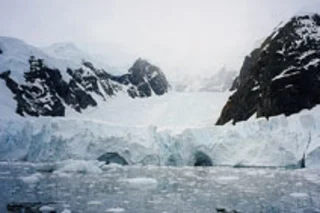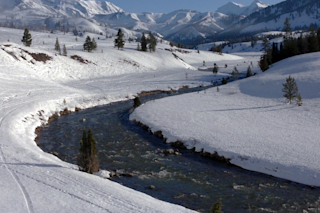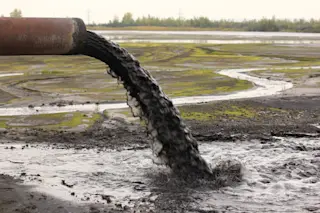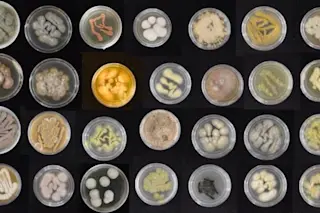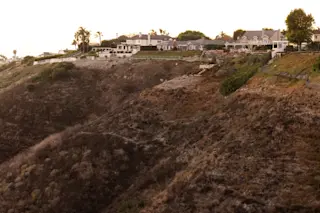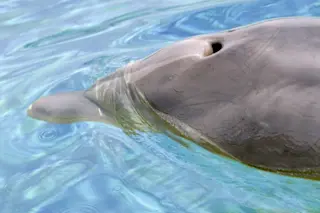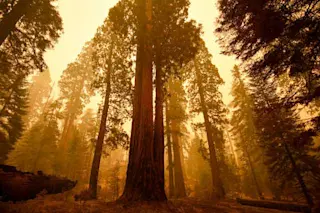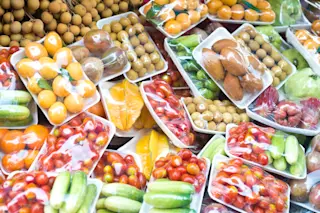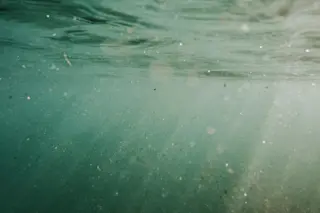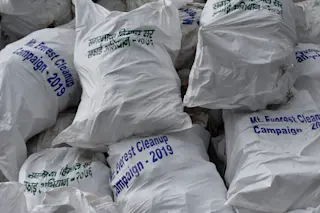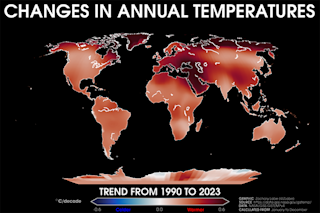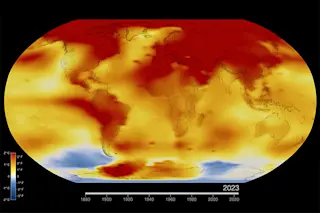Thirty-five years after the United States banned the pesticide DDT because it was toxic to both humans and the environment, the chemical is still polluting the Antarctic thanks to global warming. Antarctica's Adelie penguins have shown traces of DDT since scientists started tracking the data in the 1970s. But alarmingly, the DDT concentration has remained about the same, even as the world has cut its DDT use by 80 to 90 percent since the 1960s. Although DDT persists in the environment—as famously documented in Rachel Carson's Silent Spring—its presence should decrease over time unless a new source is leaching DDT into the ecosystem, according to a study led by Heidi Geisz at the College of William and Mary. And Geisz's team thinks they've figured out what the new source is: Glaciers. Geisz says that DDT first travels to the Antarctic attached to airborne particles and then falls with snow. In ...
Antarctic Glaciers Melt and Spill Their Secret: DDT
Discover how rising DDT concentration in Antarctic ice affects Adelie penguins amidst ongoing global warming challenges.
More on Discover
Stay Curious
SubscribeTo The Magazine
Save up to 40% off the cover price when you subscribe to Discover magazine.
Subscribe

